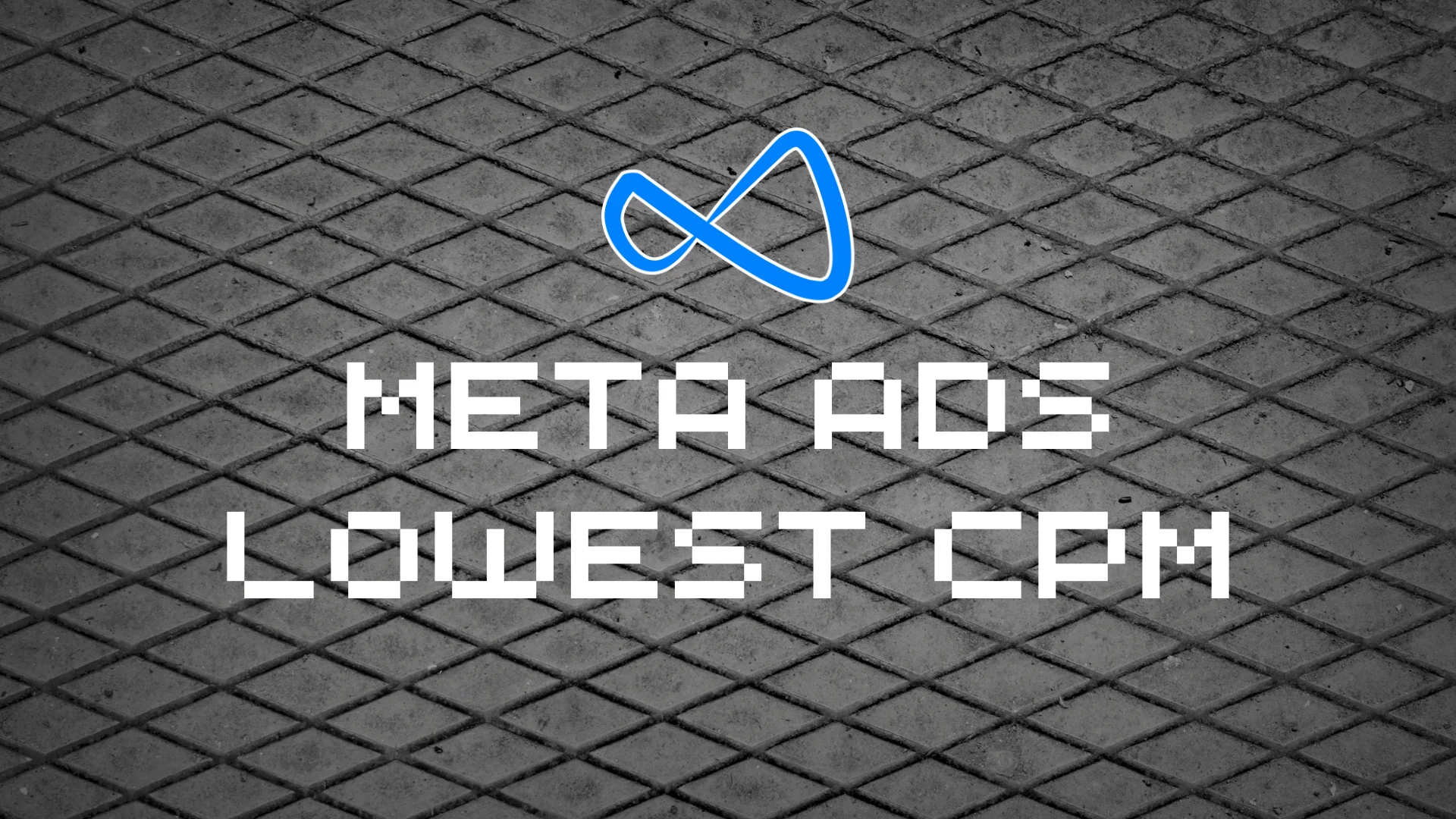It would be wonderful if every website had a flawless SEO strategy from the beginning, with every page perfectly aligned with that strategy. Unfortunately, this is often not the case, especially for large enterprise websites. Over time, multiple contributors may create a disjointed website that lacks a cohesive SEO strategy. This is where an SEO audit comes in.
An SEO audit is a thorough evaluation of a website’s SEO strategy. It assesses how each page is performing in search engine results and identifies any issues that may be hindering its performance. The goal of an SEO audit is to understand why the website is ranking the way it is and to define steps to improve those rankings.
SEO auditors analyze various factors, such as technical considerations, on-page elements, authority, content quality, and competitiveness. They prioritize addressing the most critical SEO issues first to have the greatest impact on rankings. For example, improving a page’s crawlability is often a top priority to ensure search engines can easily index it.
Enterprise SEO audits face unique challenges due to the size and complexity of these websites. Enterprises typically have numerous pages spread across multiple domains and subdomains, making manual evaluation impossible. The architecture and strategy of enterprise websites are also more intricate, requiring specialized SEO professionals to manage effectively.
Despite the challenges, enterprise SEO audits are crucial for optimizing the SEO of large businesses. With a comprehensive audit, enterprises can identify and address issues like content cannibalization, international SEO considerations, and complex site architecture. By improving their SEO strategy, enterprises can enhance their online visibility and achieve their strategic goals.
Source link























